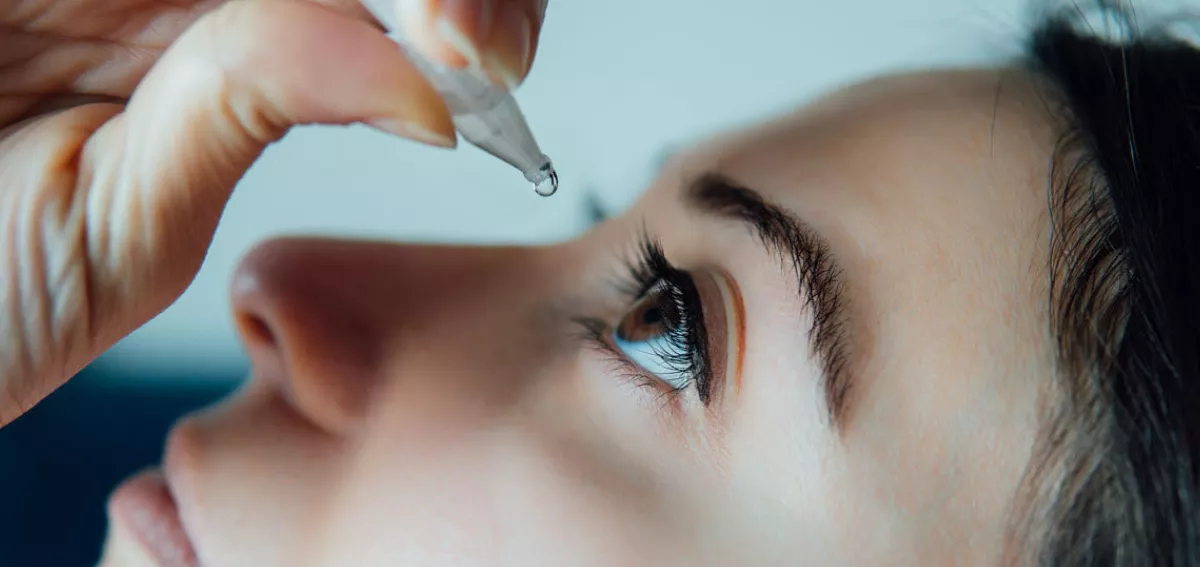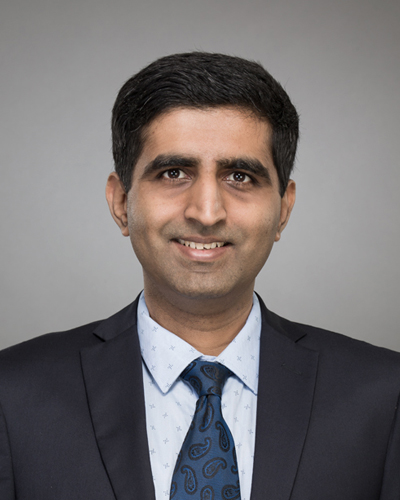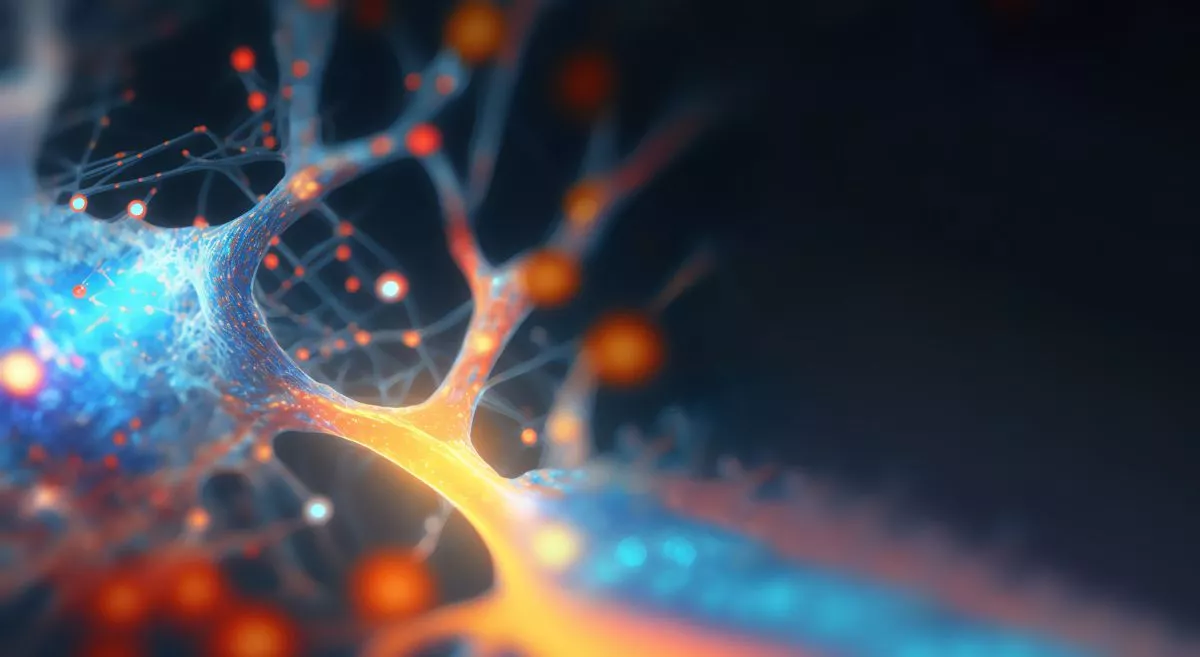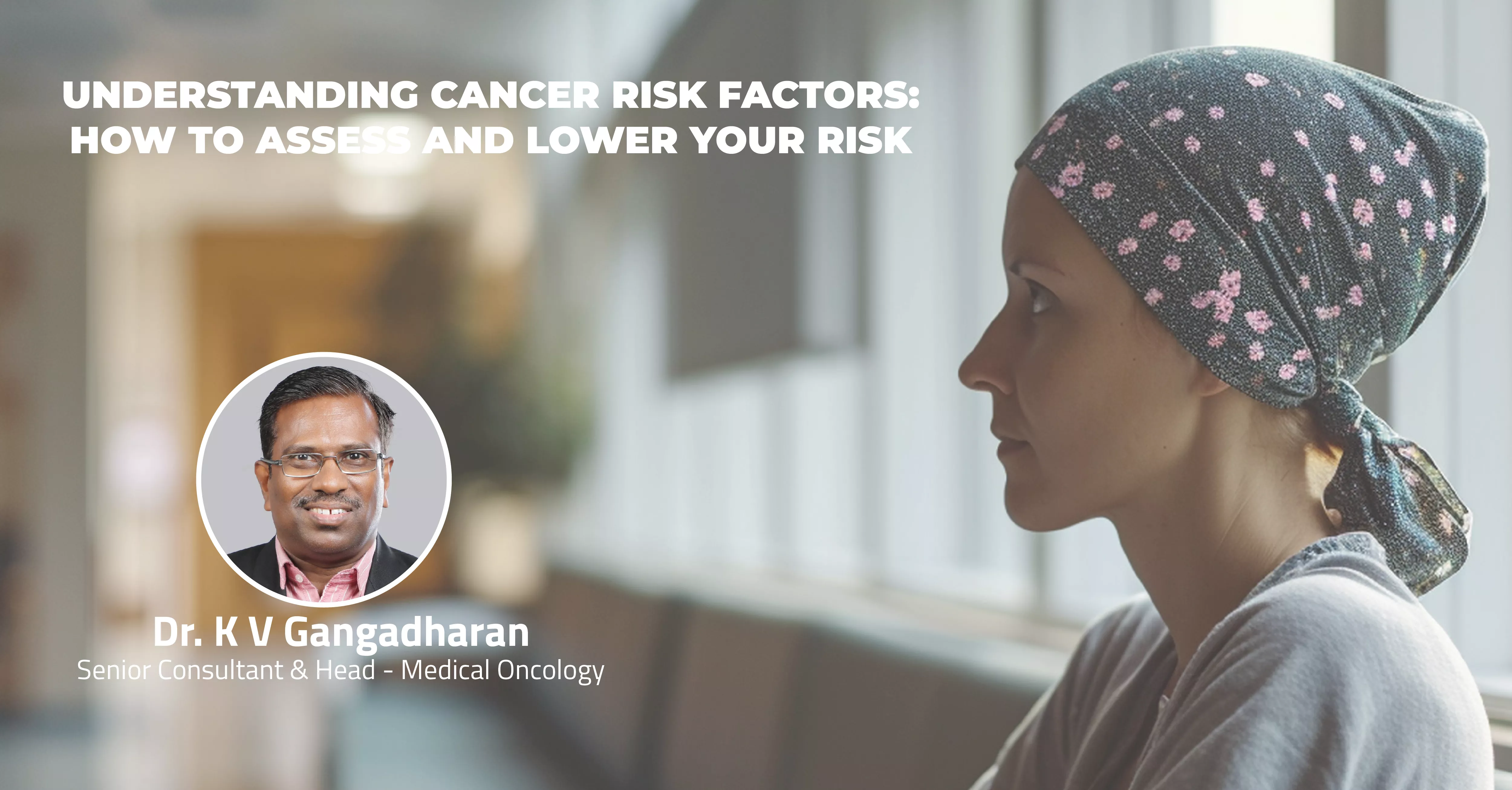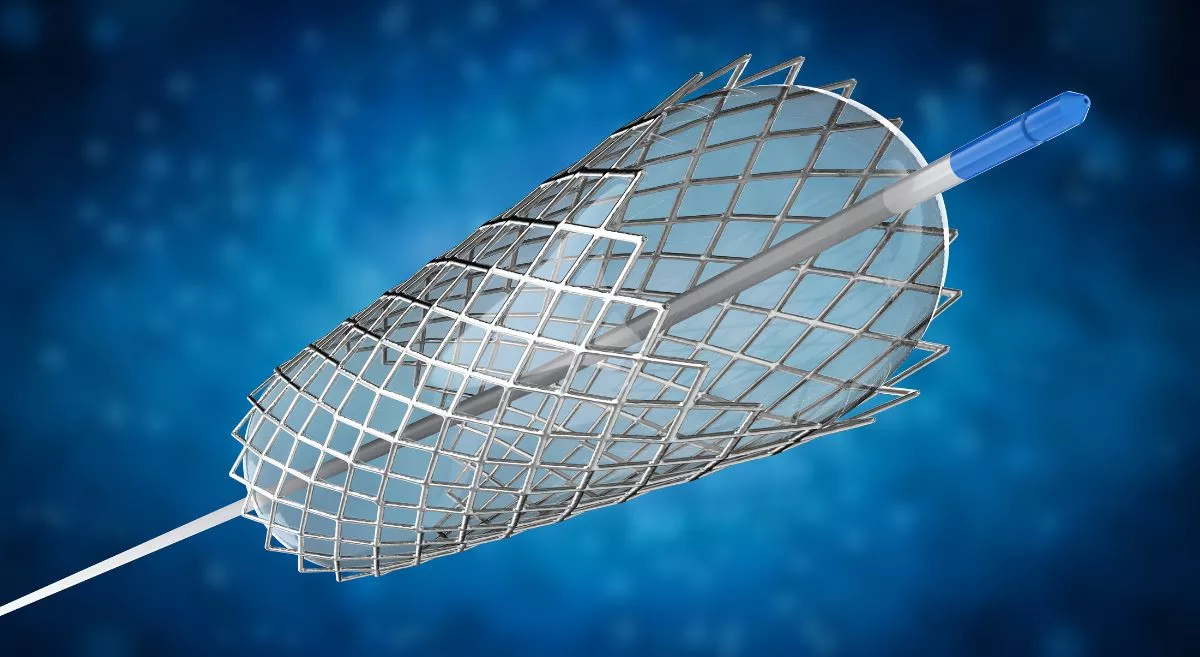Dry eye is a condition that almost everyone has experienced at some point in their lives. It occurs when your tears do not function properly or when your eyes do not produce enough tears to keep them moist. This leads to vision problems and irritation in the eyes. There are several factors like lifestyle and environment that trigger the symptoms. Patients may not worry about temporary cases, but chronic dry eye syndrome may be bothersome.
What is dry eye disease?
Tears are necessary for the comfort and health of our eyes. There is a thin layer of tears covering the exposed surface of the eyes called the tear film. Dry eye occurs when your eyes do not produce the proper type or adequate quantity of tears or both which disrupts the tear film.
What causes dry eyes?
Dry eyes can be a result of many things that interfere with the tear film. The tear film comprises three layers: mucus, fatty oils, and aqueous fluid. Generally, this combination keeps the surface of your eyes clear, smooth, and lubricated. If the glands that produce any of these components are damaged, it can develop into dry eye syndrome.
Tear film dysfunction can be caused by a variety of factors, including allergic eye disease, autoimmune disease, hormonal changes or inflamed eyelid glands. In some people, increased tear evaporation or decreased tear production can lead to dry eyes.
The causes of dry eye syndrome include:
- LASIK eye surgery
- Allergies
- Hormone replacement therapy
- Exposure to wind or dry air, such as constant exposure to a heater in the winter
- Some of the medications include antihistamines, nasal decongestants, birth control pills
- Antidepressants
- Ageing
- Usage of long-term contact lenses
- Prolonged computer use
- Inadequate blinking
Complications:
In severe cases, people with dry eyes may experience the following complications:.
- A decline in quality of life. Daily tasks like reading can be challenging when one has dry eyes.
- The surface of your eye is shielded from infection by your tears. You could experience an increased risk of eye infection if your tears are insufficient.
- Damage to the outer surface of the eye. Severe dry eyes can cause inflammation of the eye, corneal surface abrasion, corneal ulcers and loss of vision
How are dry eyes treated?
Consult a best eye doctor in Bangalore to know about your treatment options. Sometimes, another illness or condition like rheumatoid, systemic lupus erythematosus or arthritis could be the reason for your dry eyes. If this is the case, treating the systemic illness is also necessary to treat dry eyes.
Management of dry eye disease
- Incorporating lifestyle changes: Your doctor might recommend changes to help protect your eyes if something in your life or environment is causing or exacerbating your dry eye. Your doctor might advise you to try a different medication, for instance, if one that you are taking for another medical condition is causing dry eyes.
- Closing your tear ducts to stop tears loss: To prevent your tears from evaporating too quickly, your doctor may advise using this procedure. To achieve this, your tear ducts, which function to drain tears away, will be closed partially or entirely. Tear ducts can be sealed off with removable punctual plugs (silicone plugs). Sometimes, doctors may also suggest blocking the tear using a heated procedure called thermal cautery, which is a more long-lasting solution.
- Wearing special contact lenses: Some people who suffer from severe dry eyes may choose to wear specialised contact lenses that shield the eye's surface and trap moisture. These are referred to as bandage lenses or scleral lenses. Consult your doctor about the newest dry eye contact lenses available.
- Decongesting oil glands: Oil gland blockages can be cleared up with the daily use of eye masks or warm compresses. Another method to unclog the oil glands is with a thermal pulsation device, but it's not clear if it has any advantages over warm compresses.
- Using eyelid massage and light therapy: People with severe dry eyes have found relief using an approach called intense-pulsed light therapy, which is followed by eyelid massage.
- Medication. : Drugs like tear substitutes, anti inflammatory medication, Omega 3supplements etc may be prescribed by your doctor on a case by case basis.
If you have dry eyes, be aware of the circumstances that are most likely to make them worse. Find ways to stay away from those circumstances or visit Aster CMI, Bangalore to treat dry eye disease.
